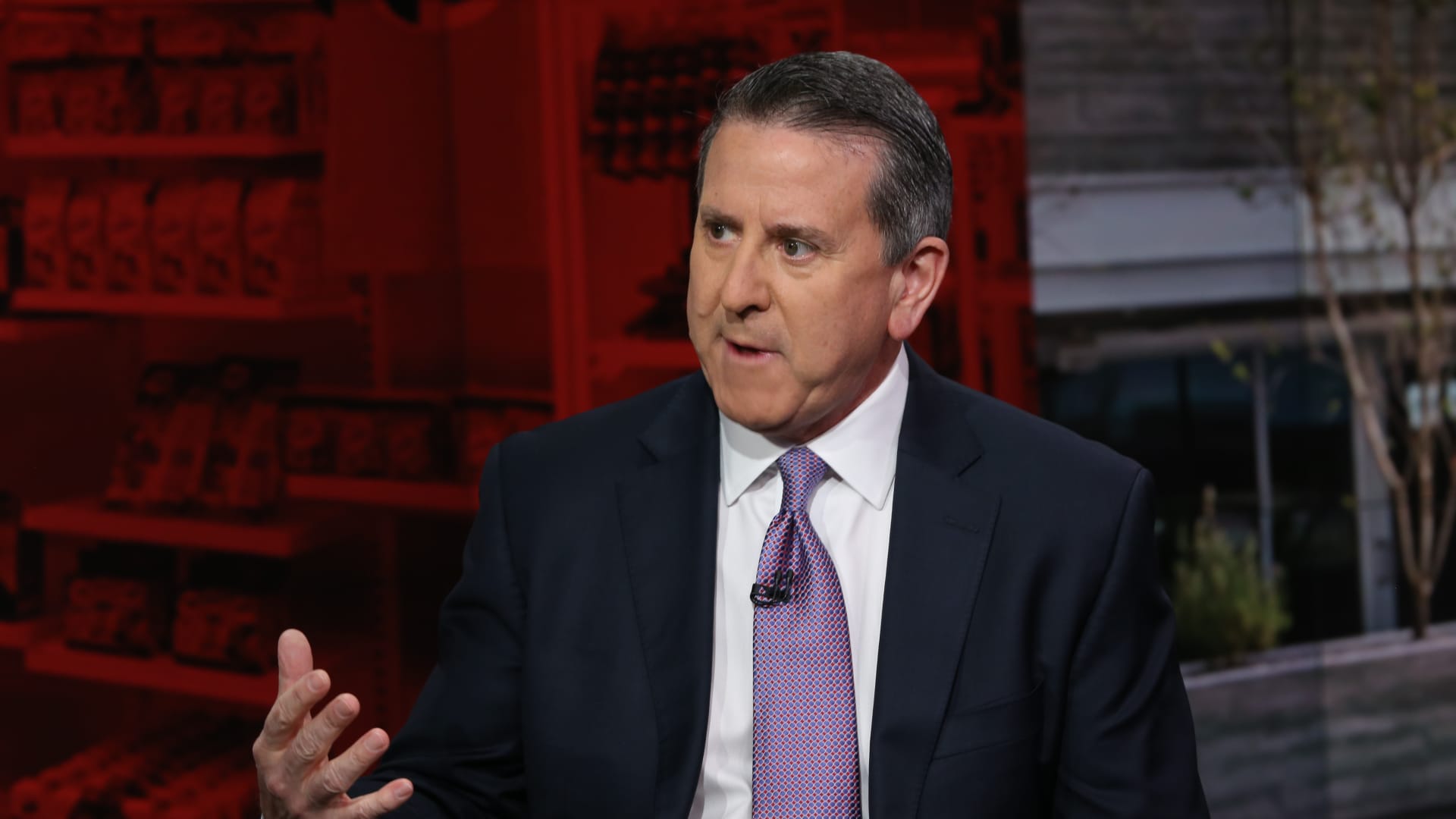Target CEO Brian Cornell says shoppers are pulling back, even on groceries, as they feel stressed about their budgets.
In an interview with CNBC’s Becky Quick that aired Thursday morning, he emphasized that the retailer has posted seven consecutive quarters of declining sales of discretionary items, such as apparel and toys, in terms of both dollars and units.
“But even in food and beverage categories, over the last few quarters, the units, the number of items they’re buying, has been declining,” he said in the interview.



That’s not true anymore. Looks like salaries are keeping up with inflation:
https://www.bankrate.com/banking/federal-reserve/wage-to-inflation-index/
Did you even read the article? The gap between inflation and wage increase is closing, but inflation is still higher.
And that’s irrelevant because we have 25 years of decreasing wages to make up for.
From the article:
“Pay is beginning to catch up in the race, and since May, has been rising faster than inflation after losing ground for more than two years.”
Basically what they are saying is that it’s behind overall, because it lagged so much due to COVID, but that salary growth is actually faster than inflation right now.
Looks like you didn’t read the article:
You and the person who also claimed the comment youre replying to was wrong cannot read. Whether wages are rising faster than inflation is irrelevant when we are years and years behind. All that means is that we are on an uphill trajectory.
If you have 20 apples to start, and you have to pay me 1/3 apple per month. You make 2 apples per month. Over a year I raise that tax to 1+1/3 apples.
If over the next year, I raise your apple income by 2/3 of an apple and your apple tax by 1/3, your earnings increase outpaces the increase of my apple tax, but you’re still completely fucked.
It’s not the same as saying everything is hunky dory, but of course wages growth now beating inflation is relevant in a discussion about the relationship between wages and inflation, and especially when someone makes the incorrect claim that it’s the other way around.
You can never not be behind if wages never outpacing inflation, so the fact that it’s catching up is important.
Yes. You’re still not getting it though.
The rate in which pay is increasing is higher than the rate at which inflation is increasing. That is correct. But if you look at the numbers, total inflation in 2023 is still higher then total pay increase in 2023.
You are conflating a rate increase with a total increase. That is not accurate.